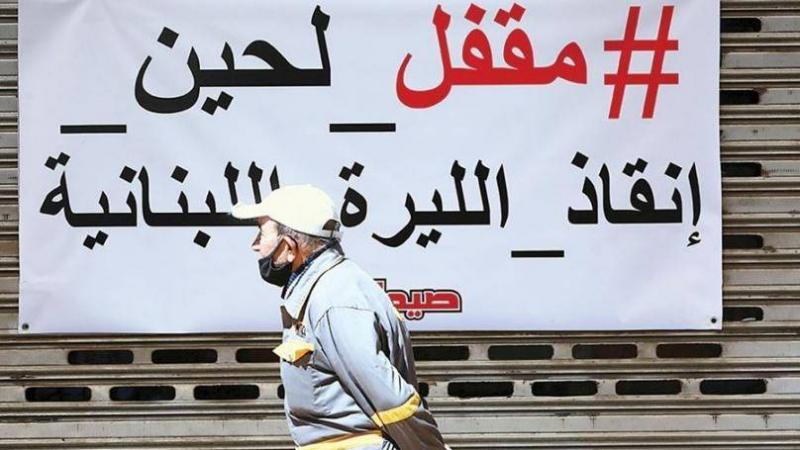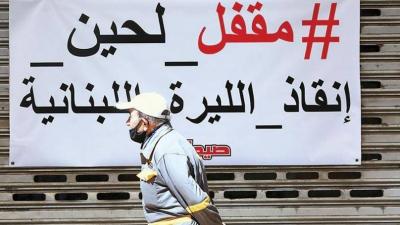Is it enough for us to wait for the election of a president capable of navigating the fluctuations, disputes, and American-Iranian agreements, while balancing on the Iranian-Saudi, American-Gulf, and American-Russian-Iranian-Gulf tightropes? "Acceptable." What about the need for a president who can persuade the country's major businessmen to bring back even 2, 3, 5, or 10 percent of the funds they transferred abroad years ago (even though transferring them was justified at the time, given the potential political and security instability in the country) to invest and establish some businesses in Lebanon again, in order to stimulate the overall stagnation that has afflicted the country since the end of summer 2019? If some "prominent" citizens do this, it would not necessarily be subject to American sanctions and could, alongside reforms and following a program with the "International Monetary Fund," help establish an "acceptable" presidential launch for any new presidential term.
Complete Collapse
A well-informed source indicated that "a shadow of pessimism surrounds the future of Lebanon, from now until approximately a year from now, or at least eight months, which is the time frame separating us from the complete collapse of Lebanon." He noted in a conversation with "Akhbar Al-Yawm" agency that "despite the need to elect a new president and form a government, these elections are no longer significant in themselves for reviving institutions. The Lebanese state and its institutions have disintegrated, amid the absence of the international community, which is preoccupied with the future of the energy crisis and winter in Europe, the overall repercussions of the Russian war on Ukraine, the peaceful or non-peaceful activities of Iran's nuclear program, and the future of American-Chinese conflicts in Asia."
Settlement
The source emphasized that "when French President Emmanuel Macron visited Lebanon in 2020, he requested its leaders to step back a bit and give the country a six-month chance through a 'qualified government,' allowing the international community to work within it. However, none of the Lebanese politicians accepted the proposal, while it has become clear today that Macron's request was not mere words but rather a warning of an uncontrolled collapse, which we began to feel more prominently in all sectors since last year." He added: "Electing a president, forming a government, and reviving institutions are no longer entirely effective steps for Lebanon, unless we succeed in accompanying them with international engagement. All sectors, institutions, and components of the state have disintegrated, such as education, health, electricity, and water... except for the Lebanese army, which still enjoys international support. Why?"
He clarified: "The reason for the withholding of international aid from all the collapsed sectors in Lebanon, alongside the continued assistance to the army, is due to the widespread knowledge that Lebanon is no longer viable and is approaching the status of a failed state, while everyone abroad awaits the moment of complete collapse to enforce chapter seven of the United Nations Charter on the country. Since the era of past 'mandates' has ended, along with the lack of desire from major powers to send their armies to engage in 'mandate' missions outside their borders, the international community is working to support the Lebanese army and will bolster it further in the future with foreign advisors in all sectors, including civilian ones such as finance and economics, for it to take charge of the country, due to the political class's failure in everything. This is the remaining settlement for Lebanon."
Balances
The source pointed out that "Hezbollah" will not reject this settlement, which will be based on the principle of its deeper integration into the state, without dissolving in it, while retaining its weapons within a certain agreement that preserves its existence and its demands, during an initial phase that could last five to six years, ending with the revival of Lebanese institutions once again and providing the "party" with the guarantees it seeks within the state, which would constitutionally entrench ministries and some positions for the Shiites, not simply by de facto circumstances or settlements as is currently the case.
He concluded: "The United States does not want to completely undermine Iranian militias in the region, as it fears the terrorist spread of Sunni and 'ISIS' organizations, and seeks to maintain a balance of power to preserve certain regional dynamics."




